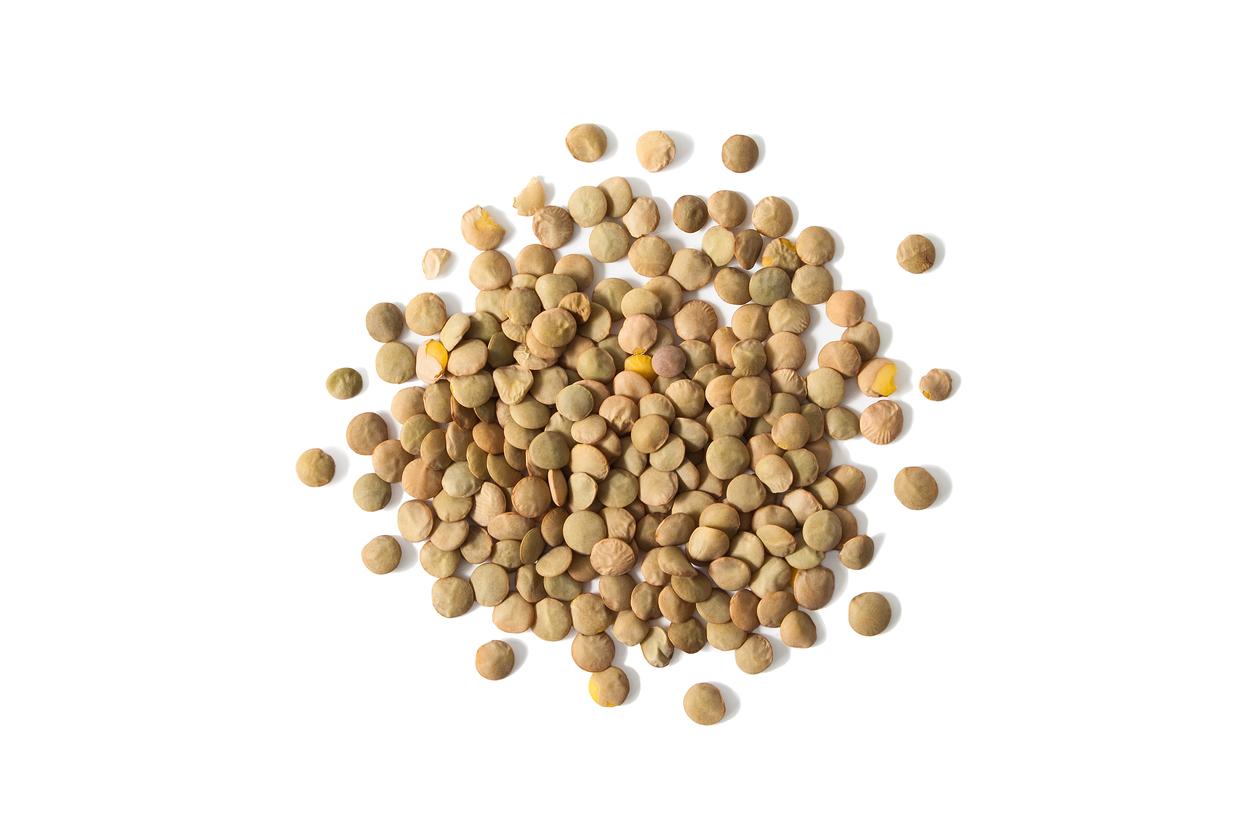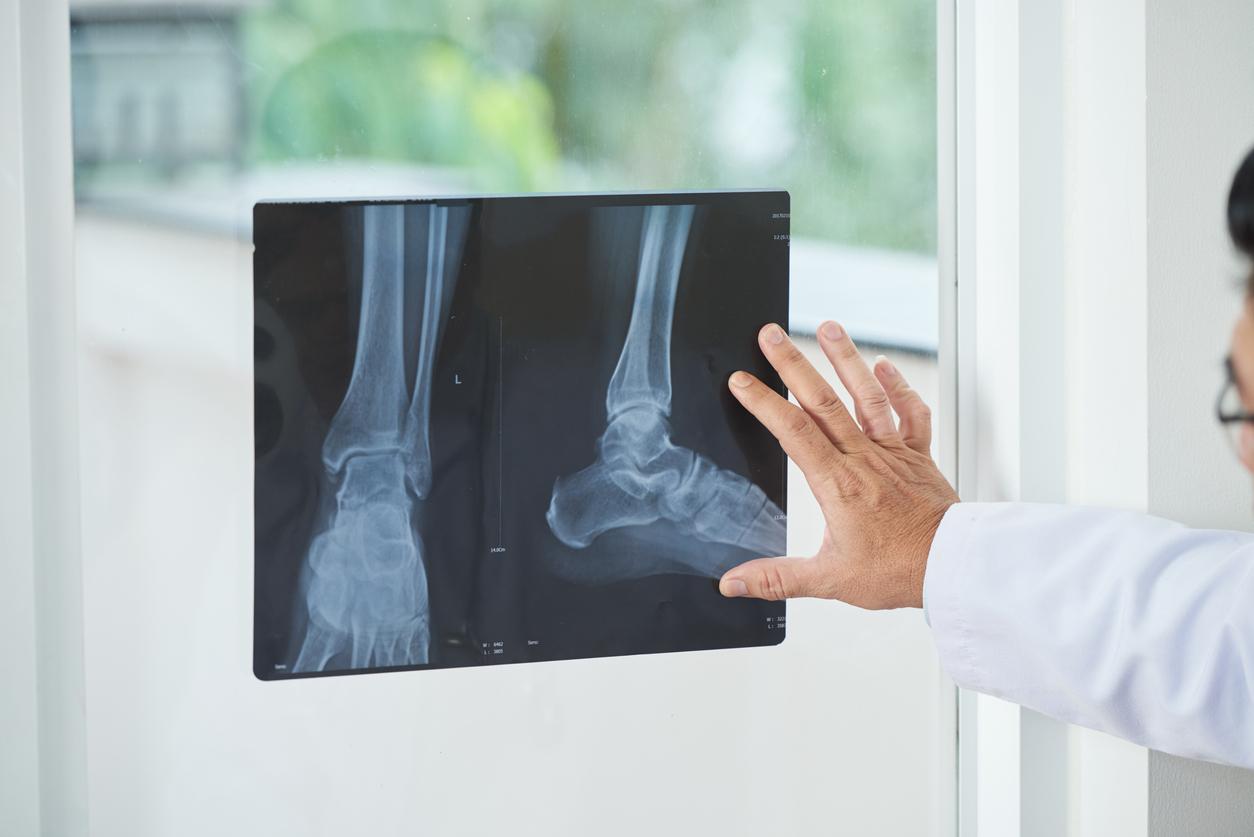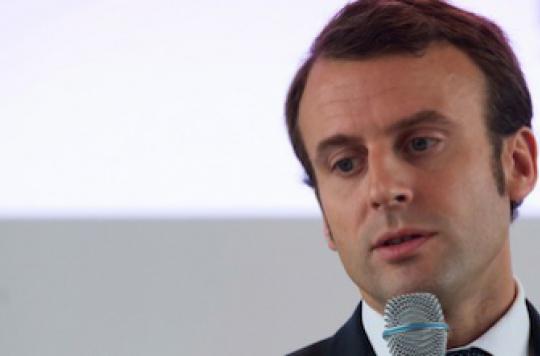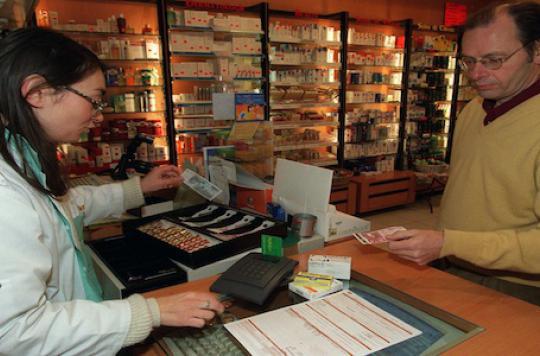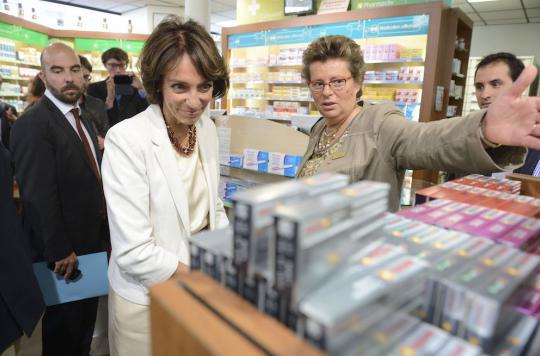The IGR recommended the end of the pharmacists’ monopoly on certain products. This concerns optional prescription drugs and the sale of non-reimbursable drugs.

Doliprane, Spasfon… are they drugs that we will soon find in supermarkets? No one knows, even if pharmacists like other regulated professions are now in the government’s sights in view of recent statements by the Minister of the Economy, Arnaud Montebourg. It is in this context that “The echoes“unveiled this Monday the unpublished conclusions of a report carried out by the General Inspectorate of Finance (IGF). These advocate the end of the monopoly of pharmacists on the sale of certain drugs. So, which ones you can, perhaps, soon to be found in your supermarkets?
9% of the sales of pharmacies threatened?
To justify its choice, the IGF first of all emphasizes that “ the prices of non-reimbursable drugs have increased twice as fast as the cost of living over the past fifteen years. ” An increase aimed at compensating for the fall in the prices of reimbursable drugs, explain The echoes. However, “ this margin catching up is sometimes deemed disproportionate by the report. For which opening the sale of certain drugs to supermarkets for example would lead to lower prices for consumers “, continues the daily.
For this reason, the IGR now recommends opening two types of products to competition. By authorizing, on the one hand, supermarkets to sell drugs whose prescription is optional (Doliprane, Spasfon, etc.). On the other hand, by authorizing them to market, in spaces dedicated to this activity, non-reimbursable drugs (Nurofen, Humex, Fervex, etc.).
These two types of drugs represent about 9% of the turnover of pharmacies on average, remind these journalists.
Non-prescription drugs: the Italian example
With this position, the IGF thus joins the opinion of the Competition Authority in France, which has also recently taken a position in favor of liberalizing the drug market. According to her, this measure would have lowered prices in Italy. The Authority claimed in fact that by putting more competition in this juicy market (more than 2 billion euros every year in France), the French drug bill should drop considerably.
As proof, she cited an impact study on the generalization of the distribution of self-medication in Italy. According to this authority, the repercussions of the opening of this market to supermarkets have been favorable to Italians on prices, without jeopardizing the economic sustainability of Italian pharmacies.
Thus, in 2008, 87.6% of self-medication whose distribution was liberalized in 2006 were still sold by pharmacies. Also in 2008, according to the Italian competition authority, the average decrease in the public price including VAT observed in Italian supermarkets (compared to the maximum manufacturer price excluding VAT) was 25% (decreases between 20% and 30-35%).
Towards total freedom of installation for pharmacists ?
Finally, in this report, the IGF also makes other recommendations that will certainly offend pharmacists. The echoes reveal, for example, that the Inspectorate pleads for the end of the numerus clausus for pharmacy students, the opening of the capital of pharmacies to outside investors, and finally total freedom of installation for pharmacists.
.



